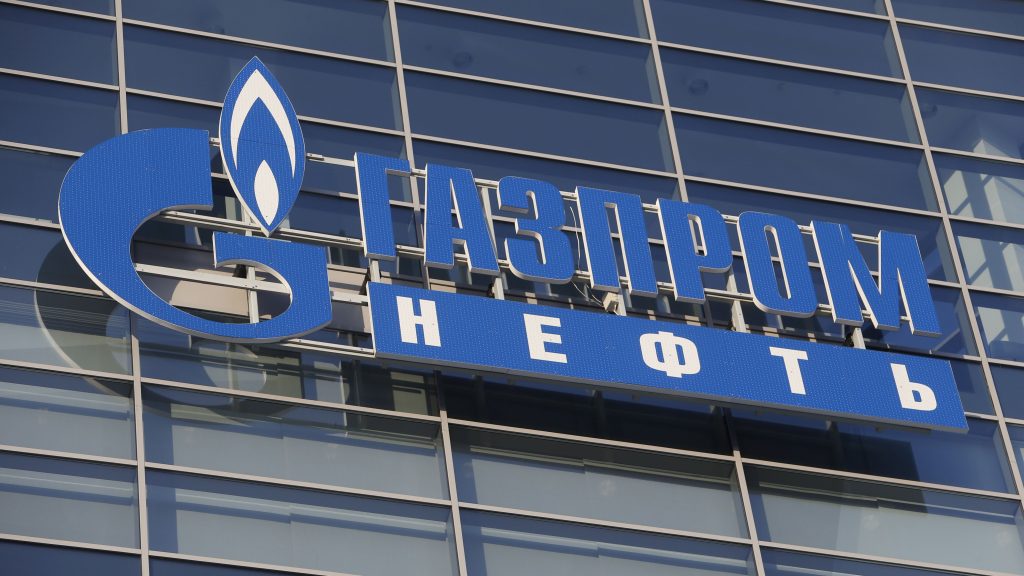Norwegian Oil Fund’s new eco standards add pressure on Arctic extractors

The powerful sovereign wealth fund says it will pin its investments to a series of expectations on biodiversity and ecosystem. That could have consequences for the Fund’s investments in the Arctic, including in Russian energy companies.
The Norwegian Government Pension Fund Global, also called the Oil Fund, is stepping up its attention to the environment. A new expectation document on biodiversity and ecosystems warns companies that environmental protection will be instrumental for the Fund’s future investments.
The document calls on companies to assess their direct and indirect impacts on biodiversity and ecosystems when developing policies, and take a precautionary approach wherever there is a risk of significant biodiversity and ecosystem impact. Furthermore, the Fund says companies should disclose material impacts of activities, products and services on biodiversity and ecosystems, and disclose the co-ordinates and footprint of their main operations.
“An increasing loss of species and deterioration of ecosystems can affect companies’ ability to create value for investors in the long term,” says CEO of Norges Bank Investment Management Nicolai Tangen. “Companies must therefore understand their dependency on and impact on nature, and handle both substantial challenges and opportunities through more sustainable use of ecosystems”, he underlines.
‘Of key importance for the global economy’
According to the Fund’s Chief Governance and Compliance Officer Carine Smith Ihenacho, protection of biodiversity and ecosystems is of key importance for the global economy. “Therefore, it is important for the fund to work proactively with these topics as a part of our work with responsible investment,” she says.
The Oil Fund now has more than $1.3 trillion in assets, including 1,4 percent of global stocks and shares. That makes it the world’s largest sovereign wealth fund.
From before, the Fund has adopted a similar expectation document on climate change, as well as on ocean sustainability, water management and human rights.
The growing focus on environmental standards adds pressure on companies engaged in natural resource extraction in the Arctic. Among them are several of Russia’s biggest energy companies.
The Oil Fund owns shares in Gazprom worth $465 million, or 0,69 percent of the company, $437 million in Lukoil (0,9%) and minor shares in a number of other energy companies, among them Gazprom Neft (0,2%) and Novatek (0,18%).
Increased Arctic activity
Russia’s leading oil and gas companies are currently engaged in a major industrial expansion into the Arctic.
Gazprom and its subsidiaries are developing several new fields in the remote and vulnerable Yamal Peninsula, as well as the adjacent Gulf of Ob. Also Lukoil is heavily represented in the Russian Arctic, including in the Komi Republic and the Nenets Autonomous Okrug where a number of major oil spills have taken place lately.
As of 1 January 2021, the Oil Fund had equities worth $2,725 billion in a total of 47 Russian companies. That is only 0,2 percent of the Fund’s total investments.
Related stories from the North:
Canada: Northern climate poses challenge for hybrid power system in community in Canada’s Northwest Territories, CBC News
Finland: The world could transition entirely to cheap, safe renewable energy before 2050: Finnish study, Yle News
Norway: Norwegian oil company Aker BP to drill along border with Russia, The Independent Barents Observer
Russia: Russians promote methanol plant to Chinese energy investors, The Independent Barents Observer
Sweden: Sweden will need twice as much electricity, Radio Sweden
United States: Biden admin goes back to drawing board on oil leasing in Arctic Refuge, Alaska Public Media



